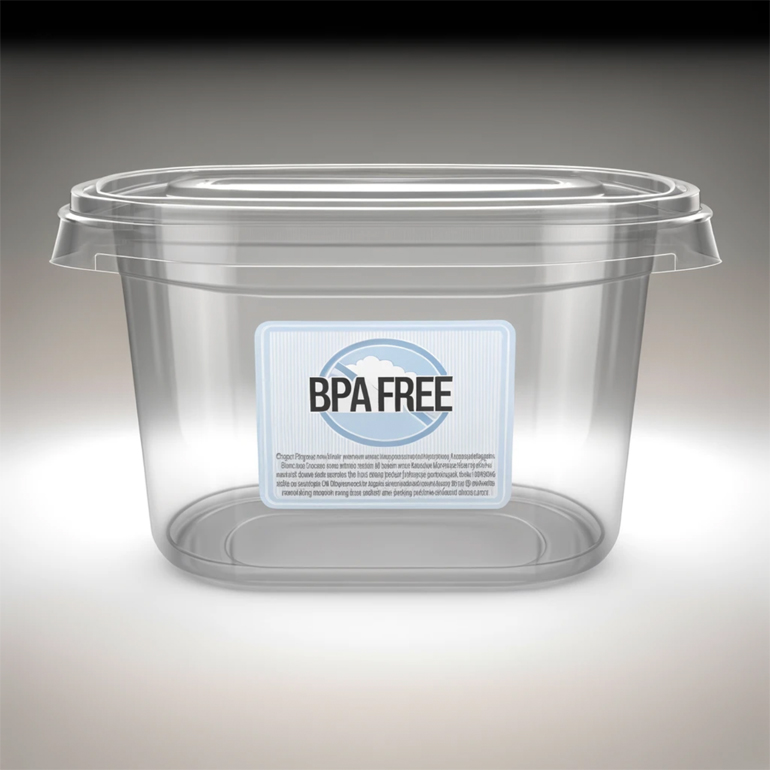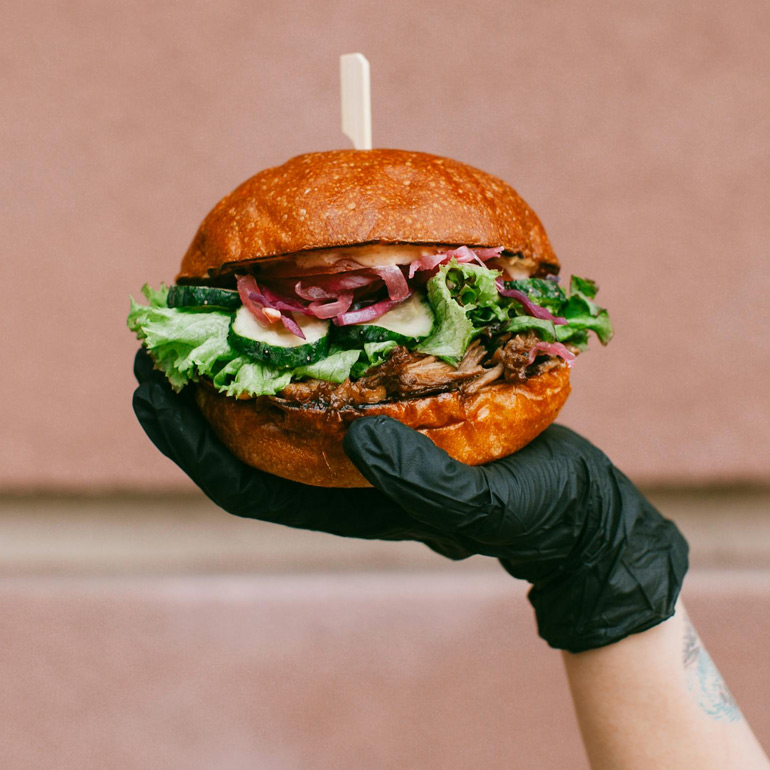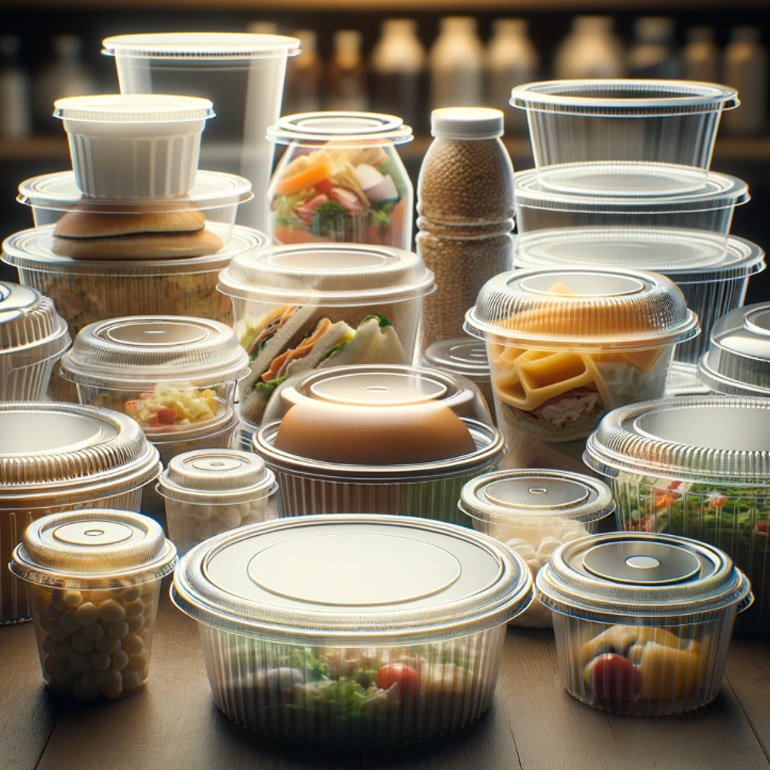In our daily lives, we come into contact with a myriad of chemicals, many of which are hidden in the products we use every day. One such chemical, Bisphenol A (BPA), is prevalent in various consumer products available today. This chemical compound is found in various consumer products, from water bottles and food containers to the lining of canned foods. However, growing evidence about its potential health risks has led to a critical reevaluation of its widespread use.
This blog post aims to shed light on what BPA is, its effects on human health, and the importance of choosing BPA-free alternatives for a safer lifestyle.
What is BPA?
Bisphenol A (BPA) is a chemical compound that has been used for over half a century in the manufacturing of polycarbonate plastics and epoxy resins. These materials are prized for their clarity, durability, and resistance to heat, making them ideal for a wide range of products. From water bottles and food storage containers to the lining of canned foods and drinks, BPA-containing materials are ubiquitous in consumer products. Despite its widespread use, concerns have grown about BPA's safety, prompting consumers and manufacturers to look for safer alternatives.
Identifying BPA in Products
Determining whether a product contains BPA can be challenging, as it's not always clearly labeled. However, a useful tip is to look for recycling codes on plastic items. Products marked with recycling codes 3 or 7 may contain BPA, although this is not a definitive indicator. Increasingly, manufacturers are labeling their products as "BPA-free" to inform consumers about the absence of this chemical.
BPA's Impact on Health
Research has shown that BPA can mimic estrogen, a hormone critical to human growth and development. This mimicry can potentially lead to various health issues, including reproductive disorders, increased risk of certain cancers, obesity, and diabetes. Given these potential risks, many experts recommend minimizing exposure to BPA, especially in products that come into direct contact with food and beverages. Consequently, some jurisdictions have moved to ban or restrict BPA's use in food containers, baby bottles, and other consumer products.
Choosing BPA-Free Alternatives
Limiting BPA exposure is becoming easier, thanks to a growing market of BPA-free products. When shopping, look for items explicitly labeled as "BPA-free." This is especially important for products that come into contact with food or drinks, such as water bottles, food storage containers, and baby products. Opting for glass, stainless steel, or certified BPA-free plastics can significantly reduce your exposure to BPA.
As awareness of BPA and its potential effects on health grows, so does the importance of making informed choices about the products we use. By opting for BPA-free alternatives, consumers can take proactive steps to safeguard their health and the environment. Companies like Richmond Advantage play a crucial role in this shift, offering safer, high-quality alternatives for everyday needs. Together, we can make a difference by choosing products that not only meet our needs but also ensure our well-being and that of future generations.
Richmond Advantage - Your Preferred Business Supply Source Since 1986
Richmond Advantage stands at the forefront of offering safer, BPA-free alternatives for restaurant supplies. Understanding the importance of food safety and consumer health, Richmond Advantage provides an array of BPA-free products, including thermal paper, polypropylene to-go food containers, and other essential items for restaurant use. With a commitment to high-quality supplies, competitive prices, and exceptional customer service, Richmond Advantage also offers free delivery to restaurants and businesses throughout San Antonio, TX, and low-cost nationwide shipping. Choosing Richmond Advantage means prioritizing both the safety of your customers and the quality of your service. Contact us today for more information about our BPA-free alternatives for your resturant.


















